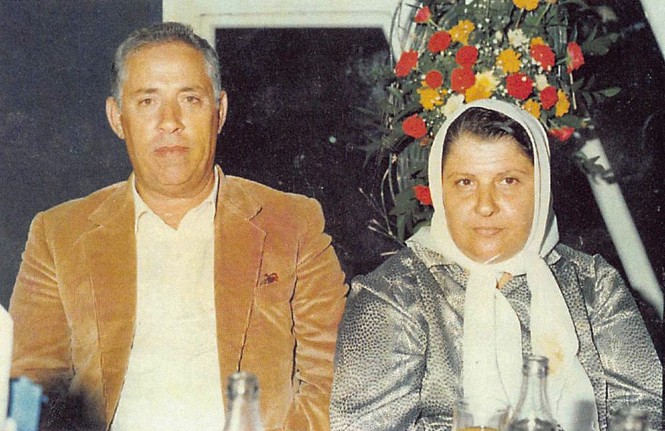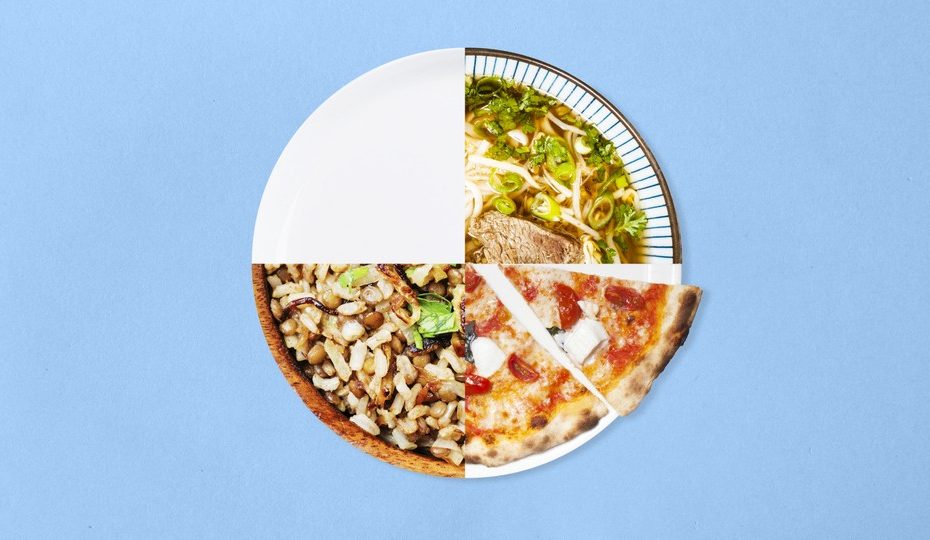The Cruel Calculus of Palestinian Grief
This past July, I bought eggplants at the farmers’ market, intending to make my grandmother’s signature maqlubeh: the cinnamon-and-allspice-scented rice dish layered with fried eggplants and chicken, cooked in a pot, then flipped onto a serving platter, forming a golden dome. Before I had the chance to peel the eggplants, stripe by stripe, and drop them into hot oil, a WhatsApp message came in from my mother—a single, waving-hand emoji at an unusual hour. I knew immediately what it meant.



